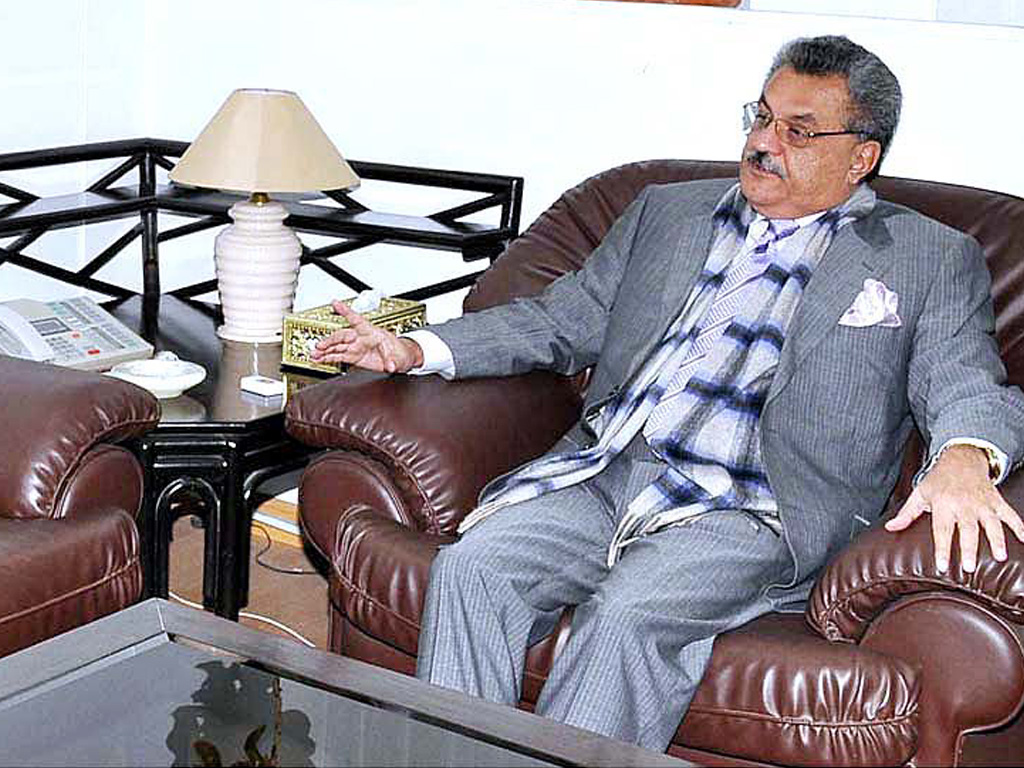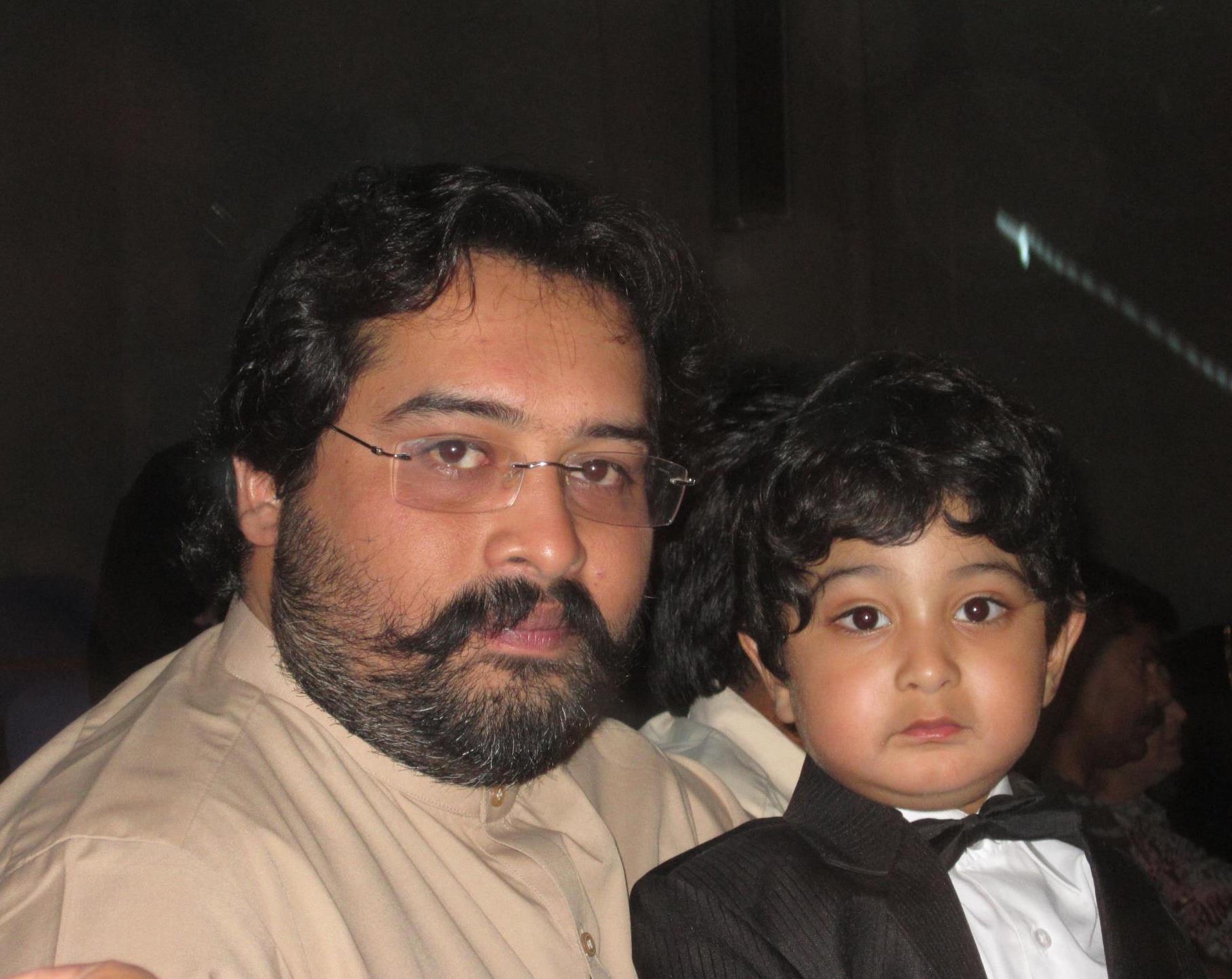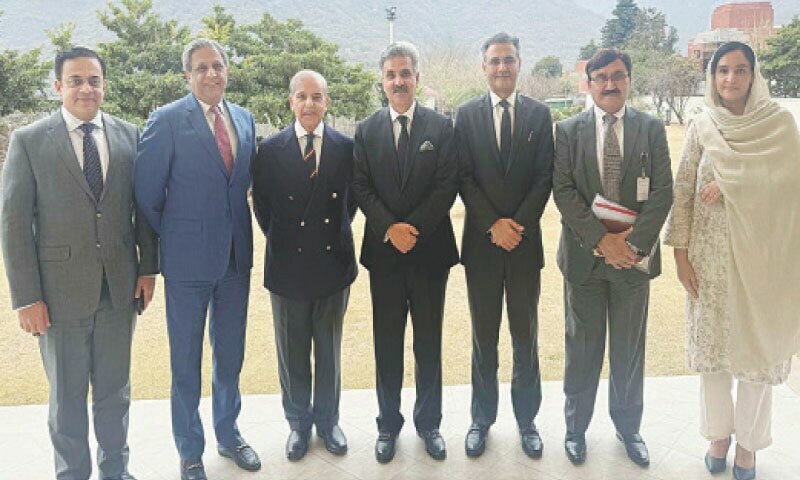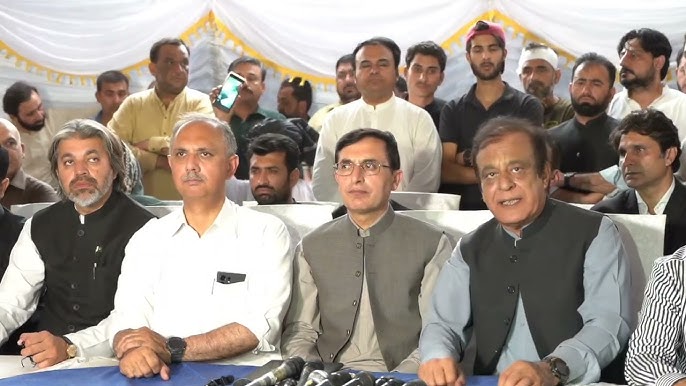LEGAL
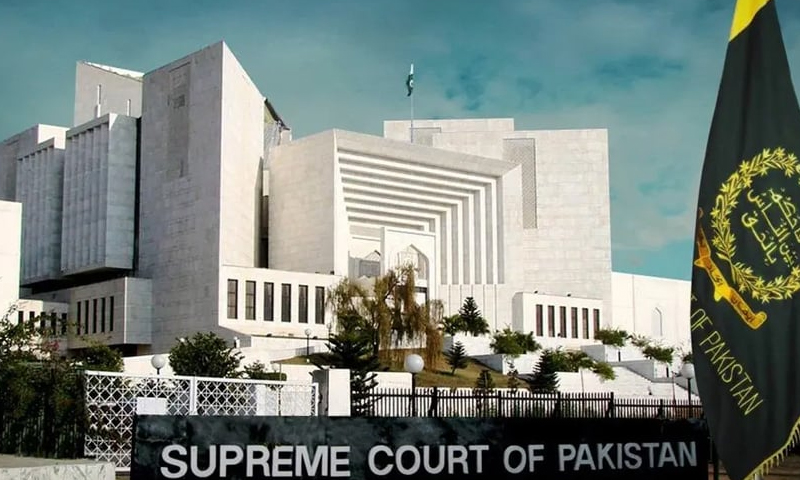
The Supreme Court of Pakistan has continued its hearing on the case regarding the trial of civilians in military courts. A seven-member bench, led by Justice Aminuddin, presided over the case, where lawyer Salman Akram Raja presented his arguments.
Court's Reflection on International Norms
In his arguments, Salman Akram Raja emphasized that court-martialing civilians goes against international norms, specifically regarding transparency in trials. He argued that decisions made in trials should be public, as outlined in international law, and referenced the European Court of Justice, which has previously forced changes in military trial procedures in several countries.
Justice Jamal Mandokhel asked the lawyer about the consequences of ignoring international norms, to which Raja responded that failing to follow these standards would render the trial non-transparent. He cited Article 10A of the Pakistani constitution, which ensures the right to a transparent trial, inspired by international practices.
Court's Remark on Military Trials
The court, however, remarked that there is no explicit mention in international norms prohibiting civilians from being court-martialed. Raja countered with an example from Britain, where courts-martial are conducted by independent judges, not soldiers, and mentioned the case of soldier Fedley, who was court-martialed in Britain and whose trial was later deemed void by the European Court.
May 9 Incident Discussions
The discussion took a more personal turn when Justice Muhammad Ali Mazhar questioned whether a TV was also broken during the May 9 incidents, referring to the infamous incident where protests escalated into violence. Raja explained that the individual involved had met him, and highlighted the socio-economic factors contributing to such acts, but the court asked him not to focus on individual cases.
Kulbhushan Case and International Appeal Rights
Justice Hassan Azhar Rizvi also raised the issue of Kulbhushan Jadhav’s right to appeal under international law, questioning if similar laws should apply to others. Raja clarified that individuals recognized by international courts, such as Kulbhushan, had the right to appeal. This led to further discussions on the classification of spies and their legal rights.
Next Steps in the Case
After the conclusion of Salman Akram Raja's arguments, the hearing was adjourned until the following day. Tomorrow, PTI founder's lawyer Uzair Bhandari is scheduled to begin presenting arguments, further shaping the discourse on the trial of civilians in military courts.
